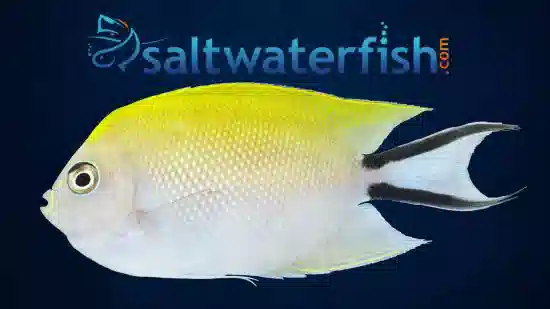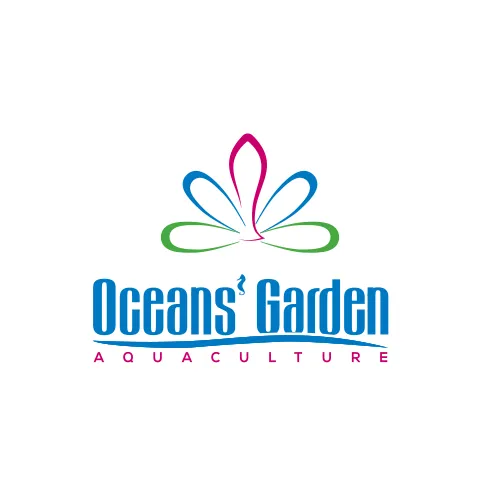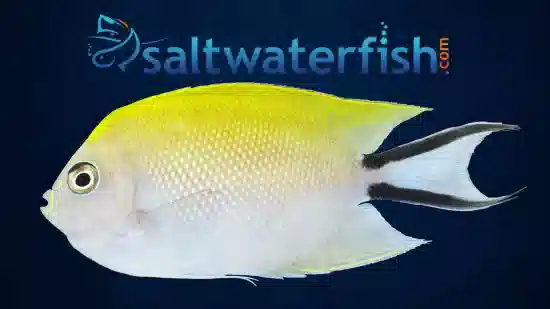Japanese Swallowtail Angelfish
Genicanthus melanospilos
(1 Reviews)

Japanese Swallowtail Angelfish
Genicanthus melanospilos
(1 Reviews)
{{ item.name }}
Size: {{ item.extra_field_3 }}
${{ getFormattedPrice(item.saleprice) }} ${{ getFormattedPrice(item.price) }}
To join the waiting list, click here
Free Shipping
With
$199.00
or more in Marine Life.
More details...
Japanese Swallowtail Angelfish Care Facts
| Care Level: | Moderate |
|---|---|
| Temperament: | Peaceful |
| Diet: | Omnivore |
| Reef Safe: | Yes |
| Minimum Tank Size: | 120 gallons |
| Max Size: | 9 inches |
Japanese Swallowtail Angelfish
The Japanese Swallowtail Angelfish, originating from the coral-rich waters of the Western Pacific Ocean, dwells around coral reefs and rocky areas. Considered reef-safe, it typically coexists peacefully with corals and other reef invertebrates, though individual behavior may vary. With a maximum size of 9 inches and a lifespan of 10 to 15 years, these angelfish thrive on a diet of marine pellets, flake foods, and various frozen offerings.
While not available through aquaculture, they are compatible with peaceful tankmates like clownfish, firefish gobies, royal grammas, purple firefish, and six-line wrasses. Despite a generally peaceful temperament, ensuring adequate hiding spots and space in a minimum 120-gallon tank is crucial to mitigate potential territorial behavior. Additionally, maintaining stable water conditions with a pH of 8.1-8.4, salinity of 1.020-1.025, and moderate water flow ensures their well-being in captivity.
Habitat:
The Japanese Swallowtail Angelfish originates from the coral-rich waters of the Western Pacific Ocean. It dwells in and around coral reefs and rocky areas in the wild.
Reef Compatibility
This species is considered reef-safe as it typically does not harm or disturb corals and other reef invertebrates. However, as with any marine fish, individual behavior can vary, so closely monitoring their interactions with corals is wise.
Size and Lifespan:
In captivity, Japanese Swallowtail Angelfish can grow to a maximum length of approximately 9 inches. They can live for an average of 10 to 15 years with proper care.
Diet in Captivity
To maintain the health and vibrancy of your Japanese Swallowtail Angelfish, it is essential to provide a well-balanced diet. They are omnivorous and thrive on a diet of high-quality marine pellets, flake foods, and various frozen foods such as brine, mysis, and spirulina.
Aquaculture Availability
Japanese Swallowtail Angelfish are not available through aquaculture. Most specimens available to hobbyists were sourced from the wild.
Compatibility with Other Fish and Invertebrates:
The Japanese Swallowtail Angelfish is generally peaceful and can coexist with other marine species. Compatible tankmates include:
- Clownfish (Amphiprioninae): Various clownfish species are known to be compatible with the Japanese Swallowtail Angelfish due to their gentle nature.
- Firefish Goby (Nemateleotris magnifica): These colorful gobies are peaceful and can share an aquarium with the Japanese Swallowtail Angelfish.
- Royal Gramma (Gramma loreto): Royal Grammas are relatively small and non-aggressive, making them suitable tankmates.
- Purple Firefish (Nemateleotris decora): These fish are known for their striking appearance and peaceful disposition.
- Six Line Wrasse (Pseudocheilinus hexataenia): Six Line Wrasses are active swimmers and can coexist peacefully with the Japanese Swallowtail Angelfish.
Sexual Dimorphism:
Japanese Swallowtail Angelfish do not exhibit significant sexual dimorphism, meaning it is challenging to distinguish males from females based on physical characteristics alone.
Temperament:
The Japanese Swallowtail Angelfish is known for its generally peaceful temperament. However, like many angelfish species, it may become territorial as it matures. Ensuring adequate hiding spots and space in the aquarium can help mitigate potential aggression.
Tank Requirements:
A tank with a capacity of at least 120 gallons is recommended to accommodate their size and swimming behavior.
- pH: Maintain a stable pH level between 8.1 and 8.4.
- Salinity: Keep the salinity in the range of 1.020 to 1.025.
- Water Temperature: Maintain the water temperature within the range of 75-82°F (24-28°C).
- Water Flow: Moderate water flow is suitable to mimic their natural habitat.
Common Names of Japanese Swallowtail Angelfish:
The Japanese Swallowtail Angelfish is also known as the Blackspot Angelfish.
Beautiful fish!! I have had a female for years, always been my favorite fish. This male I just received will be the first fish to give her competition.
Reviewed by: Jarett Shea on Aug. 5, 2013








